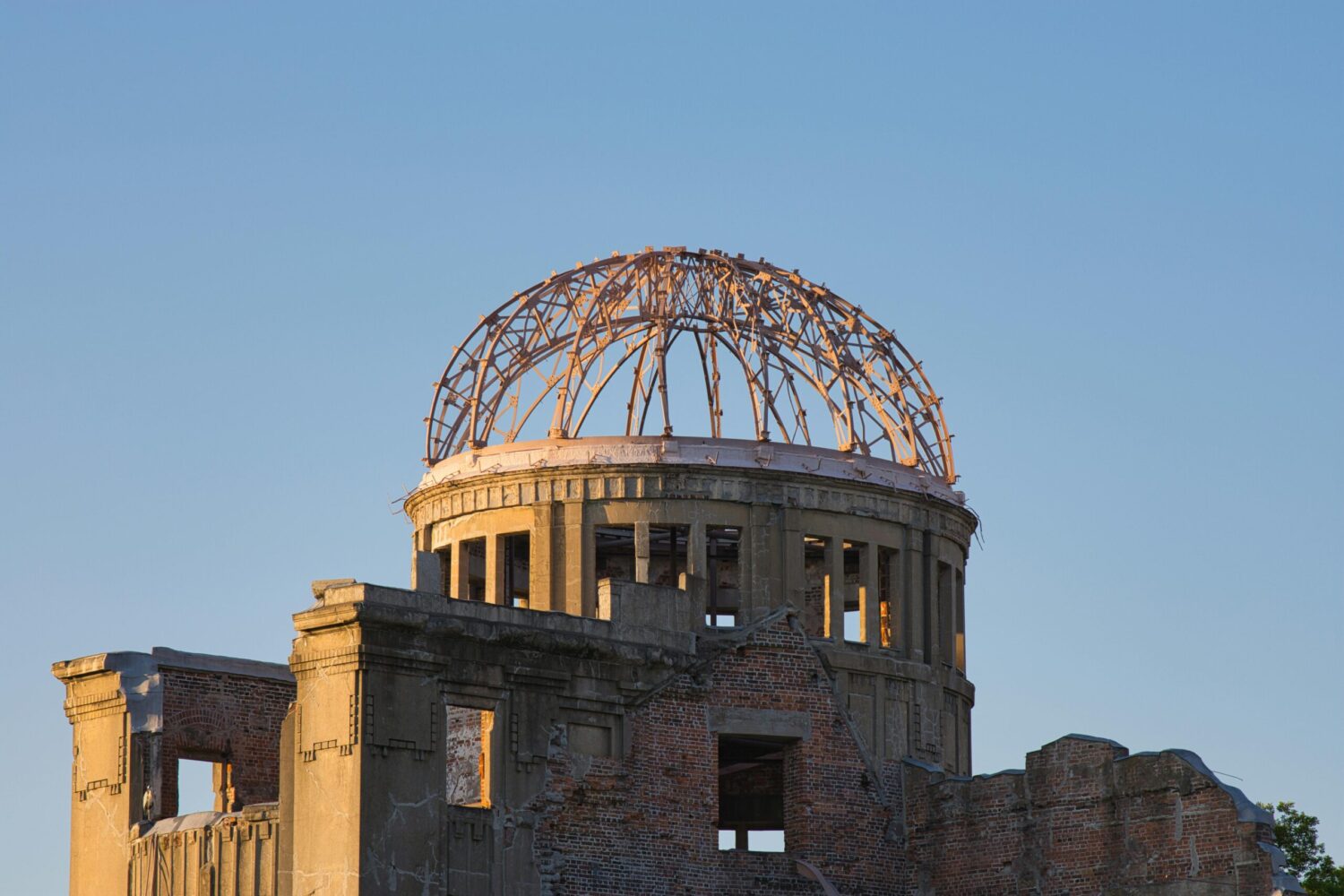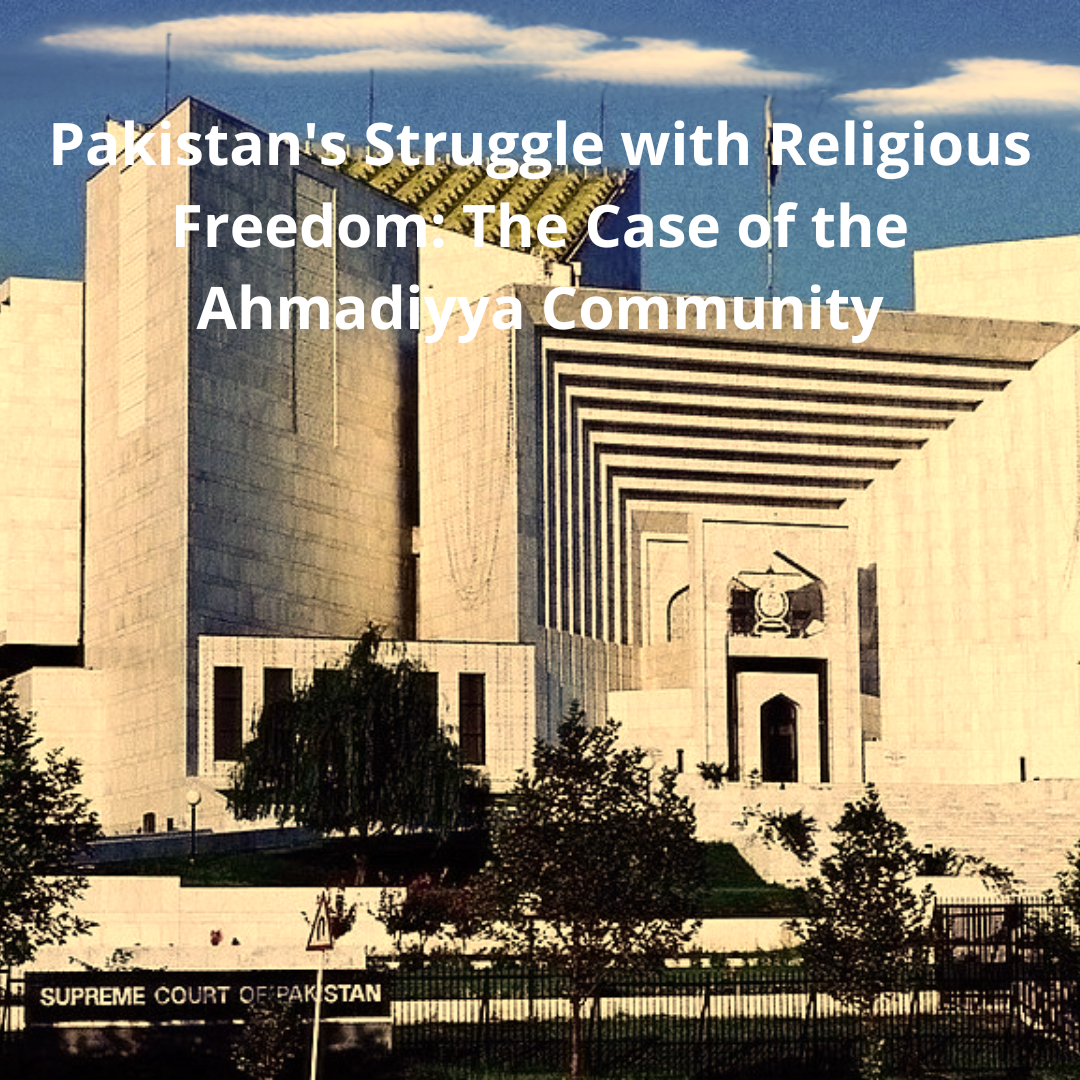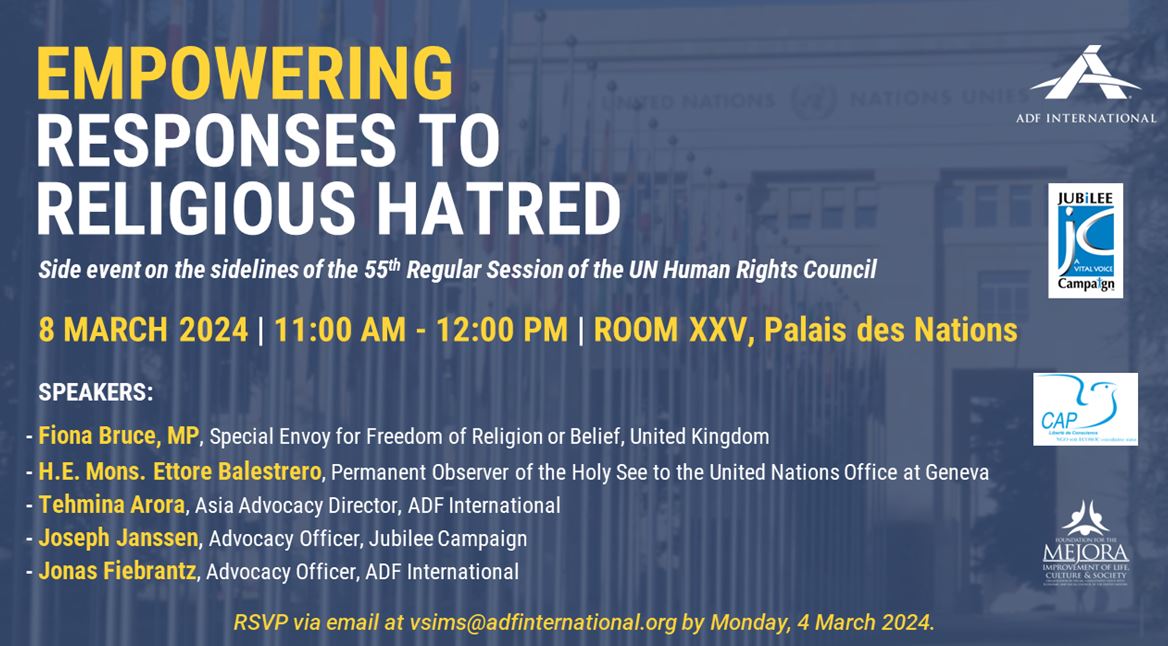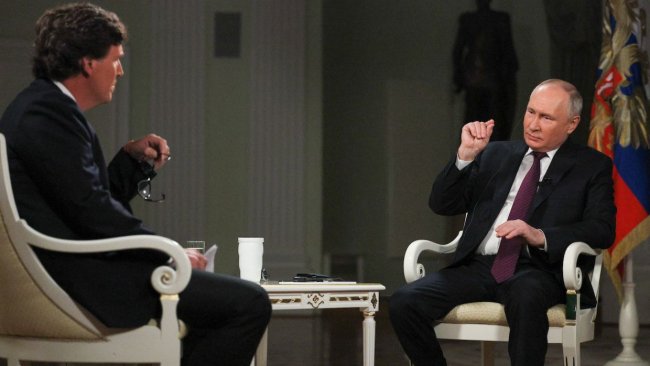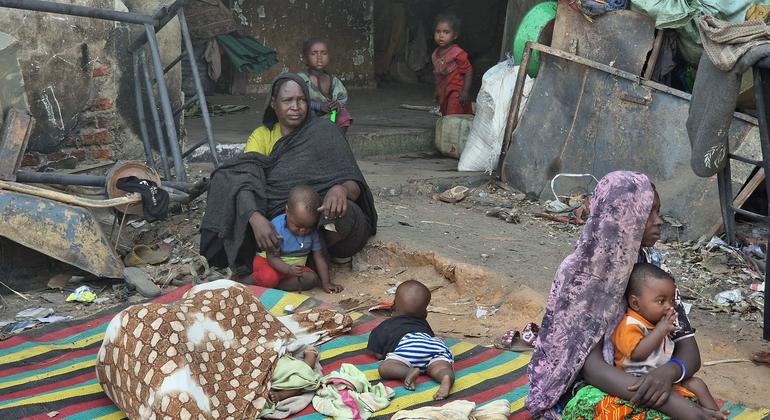
When on November 19, 1978, from a bird’s eye view we were able to see on television the atrocious images of the murder-suicide of the members of the People’s Temple Church, led and directed by the Reverend Jim Jones, something changed in the vision and respect that Europe had for the beliefs of others.
That story began when American Congressman Leo Ryan heard about the conditions in which the followers of the American Reverend Jim Jones lived in Guyana. Apparently he had them subjected to a regime of semi-slavery, where women were sexually abused, beatings were administered to the dissatisfied and where, apparently, children were also tortured. Since the Cooperative Republic of Guyana is so close to the United States, located on the northern coast of South America, Congressman Ryan organized a visit to that place for November 17, 1978, when his helicopter landed in the track prepared for this within the limits of the Church, the Reverend Jones, who had tried by all means to prevent the visit, received him, failing to succeed, with a great party, where at first glance everyone seemed to be happy.
However, when Congressman Ryan was heading to his helicopter to leave the next day, November 18, the atmosphere of joy changed when several members of the Church headed toward him and the helicopter with the intention of leaving, which provoked the wrath of Reverend Jones, who ordered his trusted aides to open fire on the traitors and the congressman’s entourage. A trusted member of the Church stabbed Congressman Ryan on the spot. At that moment five people were shot to death without any kind of consideration. The rest of the people present there were forced to return to their cabins in Jonestown, the name given to the town where they lived in what was known as the Mutual Beneficial Agricultural Community.
That same day, Jim Jones understood that the fascist forces, after the assassination of Congressman Ryan, would put an end to his project and, filled with anger, without a hint of regret, he decided that everyone would immolate themselves with cyanide. Many of the members, especially those who had families, children, refused and were then shot to death. Nine hundred and twelve people died that day, among whom were found around two hundred and fifty minors, including babies and children, who were undoubtedly murdered.
What happened there went around the world, but it was really a sect or people subjected to the charisma of a narcissistic sociopath with pretenses of a Messiah Complex.

It is very likely that when Reverend Jim Jones received the Martin Luther King Jr. Award in San Francisco in 1977, no one thought that his project in Guyana would end like this just a year later.
The people who followed him were surely looking for a better, calmer life, within a framework of beliefs acceptable to their way of life. They were adults who consciously decided to modify their social regime and begin a life together, in a commune, emulating the hippie movements that still exist today in some places in the United States and the beliefs of the first Christians, without knowing who fell into the clutches of a mentally ill person with the aforementioned characteristics.
Was that a sect? Let’s analyze the facts.
Today, after almost forty years of research on these religious phenomena, I have reached two conclusions. The first is that those referred to as sects or destructive sects, as such, do not exist, and the second is that human beings are afraid of future events and this disables them from applying a certain form of critical analysis to their beliefs.
The Peoples Temple of the Disciples of Christ (The People’s Temple of the Disciples of Christ) was founded by the American religious pastor Jim Jones in Indianapolis, Indiana. For nearly 27 years he went unnoticed in the different places in the United States where he settled. In its best moments, it had nearly 5,000 members, who entered and left the different places where said center was established.

In 1960 Jim Jones moved his Church to California, and immediately attracted the attention of members of the hippie movement, that American subculture so widespread in those years on the west coast of the United States. Having grown up in a family that was not very tolerant and racist, his own father was a member of the Ku Klux Klan, his religious philosophy was, however, very permissive. Blacks and homosexuals were admitted, something unusual at that time in the radical churches that emerged like mushrooms under the protection of legislation, which I envied, was permissive and allowed freedom of worship, whatever it was, including some beliefs that were still difficult to digest in today, such as the registration of the Church of Satan in the registry of religious entities of the state of California in the mid-60s.
That religious movement, never considered a sect or destructive sect, had as its philosophical amalgam issues drawn from communism, Christianity and Buddhism, which were very well received by all its members who entered or left it. Civil rights activists, African-American groups and countless figures of the time always considered him as a person who was easy-going and tolerant of all those who came to his church. Without a doubt, if the events of September 18, 1978 had not happened, today its Temple in Guyana would be a subject of study by all those interested in learning more about the assembly and innovative movements that emerged in those years in different parts. of the world.
However, and despite the fact that in 1977, as I mentioned previously, he was awarded the Martin Luther King Jr. Prize in San Francisco, deserved for his work in favor of the black community in the United States. Everything had changed when he arrived. with his followers to Jonestown (Jones City). A pompous name because he personalized his church project. There the People’s Temple of the Disciples of Christ disappeared, to become his personal estate, his personal project. And in him, something changed. But not in his people.
His followers, many of whom had come with him from the US, continued to trust the person whose ideas had transformed their lives. They were people accustomed to an austere life, to putting everything in common, to working and contributing with their personal efforts whatever they achieved. They were even clear that Jones was not enriched by his efforts, given that he had a large personal fortune acquired over the years as an itinerant reverend, without ever having been accused of anything at all. But the capable leader failed.
What was the trigger that made Jones turn his town into a prison upon arriving in Guyana?
I must confess that I do not know and it would be lengthy to try to answer this question in the brief, although extensive, space of this article by bringing up another series of leaders, who at the same time and in adverse circumstances, were creating a personal movement that today It has become a great religious movement. The founder of Scientology comes to mind: LR Hubbard, whose project currently has more than 15 million followers around the world and growing. But that is another story that I will surely publish later.
Even though I must confess that I cannot be certain of something, allow me to conjecture based on the facts, something that has not been done to date. Nowadays and for many years now, even global intelligence services, including the FBI, Interpol, etc., do not bother to visualize such phenomena. They determine that they are sects without considering other issues, as in the case of that story, and that leads us to the creation of terrible errors that can end the credibility of many religious groups, as happened in Europe since the late 70s and even today.
First of all, many religious groups that emerged in those 50s and 60s were apocalyptic. And many of the people who joined them also thought like this, the Christian movements themselves continue to be so even today, without realizing that in the end it will be us with our actions that will end the planet, in whatever way. When Jim Jones ends his group in Guyana, he creates a commune that quickly becomes his ranch, as I mentioned before. And his beliefs become radicalized. That is his life’s work and it modifies his personal relationship with his followers, turning them into slaves. He creates a group of radical followers, which includes some of his children, arms them and puts them to watch the rest. He brings out his personality in a more radical way, according to some personality analysts consulted by the writer, inherited from his father and closes his eyes to the atrocities that could be committed in that environment that for him It was everything. Some members of his most personal group begin to convert that Jones city project into a slave estate. Women are raped, men are beaten and everyone is threatened.
In a very short time, the paradise they believed in becomes a hell from which they cannot escape. And in 1978, that fateful September 18, when the reverend sees that some of his members want to abandon the vital project that keeps him anchored to reality, he decides to assassinate a US congressman whom he and his inner circle intimate they had managed to deceive, and he makes the decision that a narcissistic sociopath would make to murder everyone.
Jim Jones becomes a serial killer and so do some of his followers in that more personal and powerful circle.
The facts were simple and the people did not commit suicide, because they were not imbeciles, they were believers who had the right to believe, but if they watch you with assault rifles and threaten to murder children and adolescents, you make the decision to drink what Let it be with the ultimate goal that nothing happens to them. But they did not take into account that some psychopaths, who most likely escaped after the massacre, did not want to leave too many witnesses.
That there were people who decided to take a drink so they could be in heaven and reunite there with other loved ones? Sure. But Christians did not sacrifice themselves in Roman circuses and many of their saints have continued to do so throughout history. And that is why Christianity is not called a sect, or Islam for generating among its ranks people who immolate themselves, causing terrifying attacks.
Fanatics will always exist in all types of religious movements. Therefore, if we begin to observe the facts better and analyze the causes from a different point of view, perhaps we can begin to realize that the lion is not as fierce as they paint it, that people can believe in whatever they want if does not harm others, that there are people capable of manipulating from a religious, political, etc. point of view, and that we have to call this, perhaps, anomalous behavior, and look for it in all areas of life .
In the end, if we want to use the term sect, we must think that it only identifies a group of people who share the same idea or body of beliefs and who do not harm anyone. Everything else is already part of human behavior, which is certainly anomalous in its singularity.
Originally published at LaDamadeElche.com




